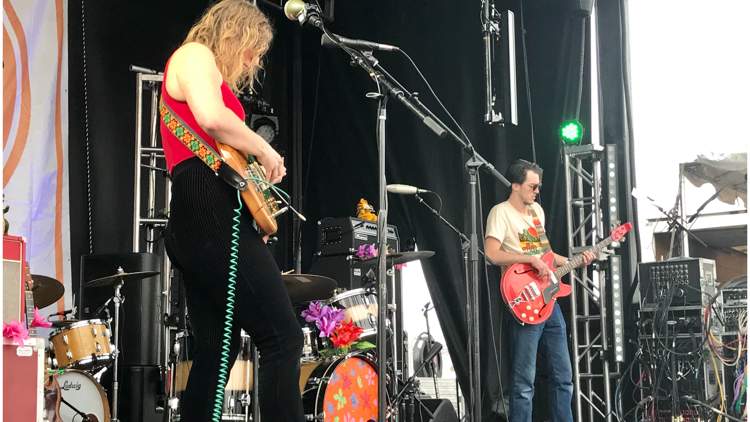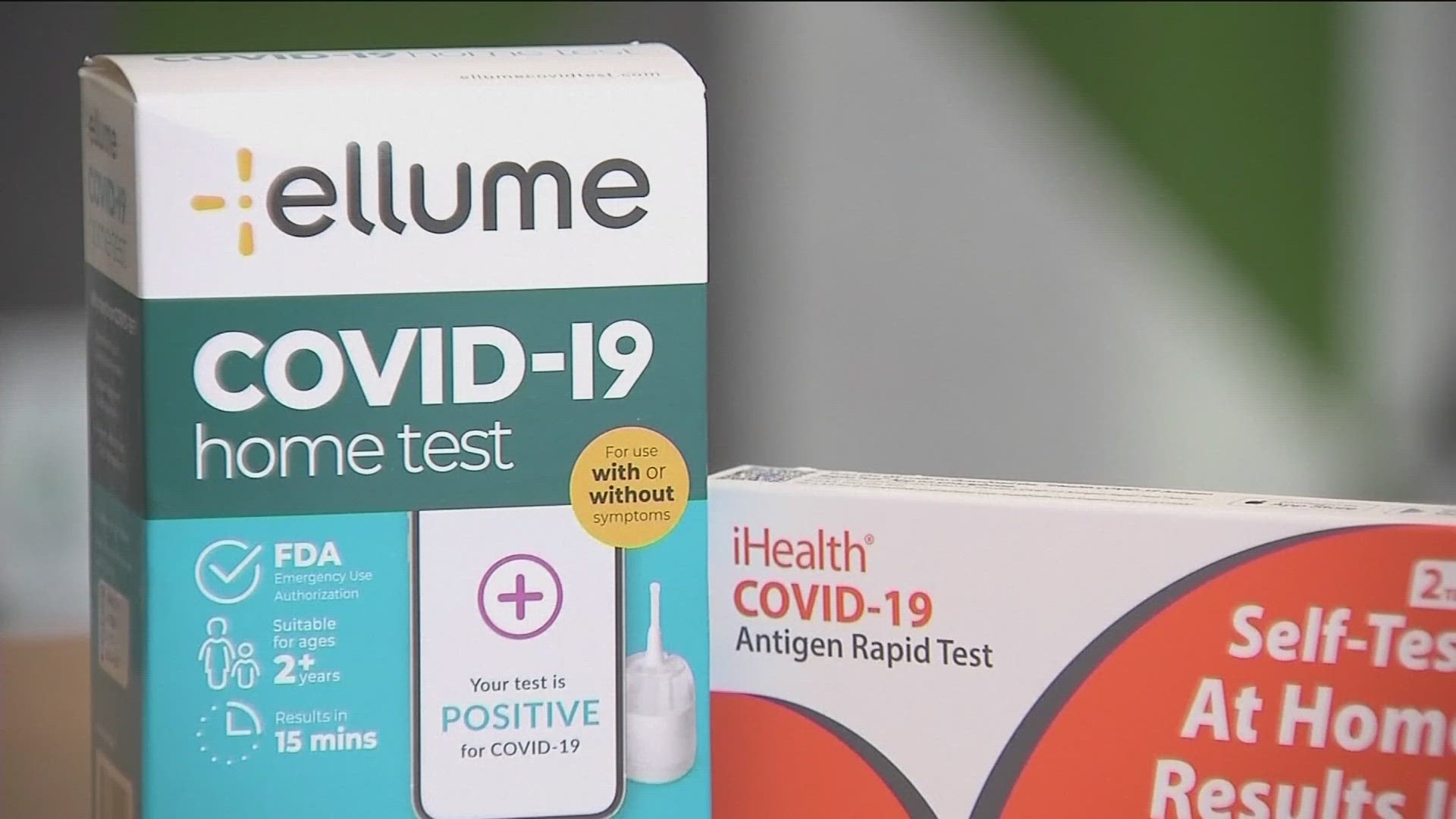BOISE, Idaho — Music and arts organizers in the Treasure Valley are celebrating funding legislation passed by Congress Monday night as part of the $900 billion COVID-19 Relief Bill.
The Save Our Stages Act will provide money to local businesses and groups like the Neurolux, The Olympic, Visual Arts Collective, Boise Contemporary Theatre, and the Treefort Music Festival, keeping them afloat at a time when the coronavirus pandemic has drastically slashed income.
Idaho members of the National Independent Venue Association, which formed in response to coronavirus shutdowns across the country, say that federal funding is crucial to staving off permanent closures.
"The vitality of Boise's music and creative ecosystem has always been a priority for Treefort. Like us, the independent venues and promoters within NIVA have long been champions of local and emerging artists, and thus are important economic generators and vital to the full recovery of their communities," Eric Gilbert, co-founder of Treefort Music Fest and Duck Club Present, said in a statement. "We are in awe of what this broad collective of independents accomplished in coming together around this common cause in a challenging year. With Save Our Stages Act's inclusion in this relief package, we are confident that we will see a return to live performances and gatherings, shows at our favorite local venues, and festivals like our own – once again employing artists, production crews, and other support staff. As our stages come back, so do the surrounding neighborhoods as we begin to rebuild."
The legislation offers grants equal to 45% of gross revenue from 2019, with a cap of $10 million per organization. The grant money can be spent on building rent, mortgages, and utilities, employee payroll and benefits, personal protective equipment, and other business expenses.
The Save Our Stages Act was sponsored by Texas Republican Sen. John Cornyn and Minnesota Democratic Sen. Amy Klobuchar in the Senate, and Vermont Democratic Rep. Peter Welch and Texas Republican Rep. Roger Williams in the House. the measure attracted 230 co-sponsors on both sides of the aisle, including Idaho Rep. Mike Simpson.
"The passage of this bill was crucial not only for individual artists but for the economy as a whole. Arts adds nearly $900 billion in value to the economy and employs over 5 million people across the nation," Ben Burdick, producing artistic director at Boise Contemporary Theater, said in a statement. "Until we can gather again in theaters and venues large and small, this aid package provides a bridge to both artists and spaces to ensure they are able to survive during this extended intermission. It is that gathering of people which has no monetary equivalent: a shared space in a shared experience of storytelling to watch reflections of their hopes, their fears, their humanity. Save Our Stages is critical to theaters and venues if we hope to experience any of it again. I am thrilled to hear that this common-sense legislation passed."
The national COVID-19 relief bill has been sent to the desk of President Donald Trump, but not yet signed into law. Trump suggested in a Tweet Tuesday night that he may not sign the bill, saying that he wants to see higher direct payments to most Americans and urging lawmakers to "get rid of the wasteful and unnecessary items from this legislation."
A veto of the bill would trigger a shutdown of the U.S. Government on Dec. 29. Members of Congress may have enough votes to override a possible Trump veto.
Idaho organizers noted that many independent venues and promoters have been shuttered since March, grappling with major overhead costs despite the lack of money coming in. Ninety percent of National Independent Venue Association members warned that they could permanently shut down if federal relief did not come.
"Last spring, we closed for the first time in our 27 years, canceling dozens of concerts. Our revenue has dropped by 80%. We are currently open and still operating at a loss, which I don't see changing without the return of touring bands," said Nuerolux owner Allen Ireland. "Many of the bands whose concerts we've canceled have rescheduled, with most waiting for 2022. At this point, the industry is aware of the moral implications of even trying to present a concert. We've realized there is no way to do it responsibly and still turn a profit."
If the bill clears its final hurdle - either by a signature by the president or a veto override from Congress - it may take weeks or months for money from the grants to reach struggling independent venues and organizations in Idaho. The NIVA Emergency Relief Fund is continuing to accept donations to help keep venues and organizers afloat. To learn more or contribute, click here.
Watch more 'Local News'
See them all in our YouTube playlist:



